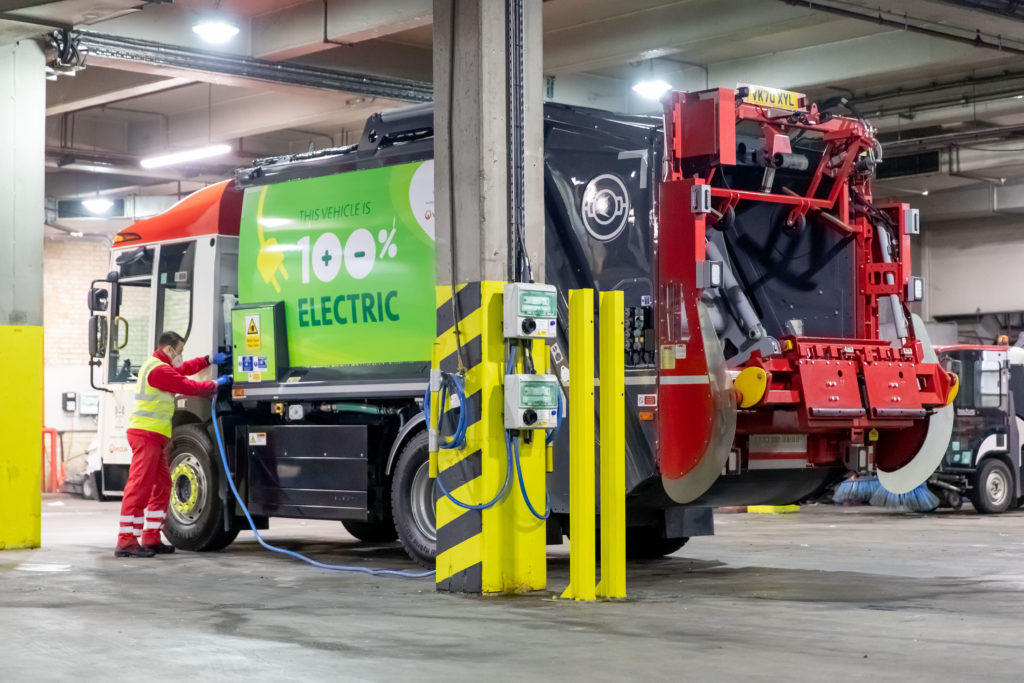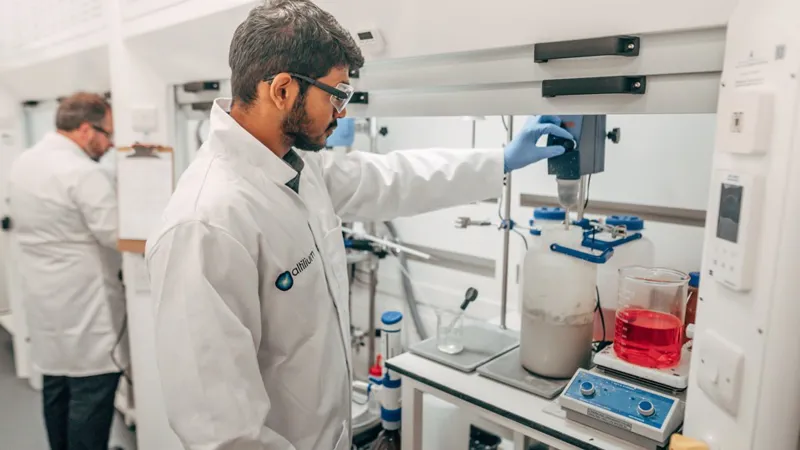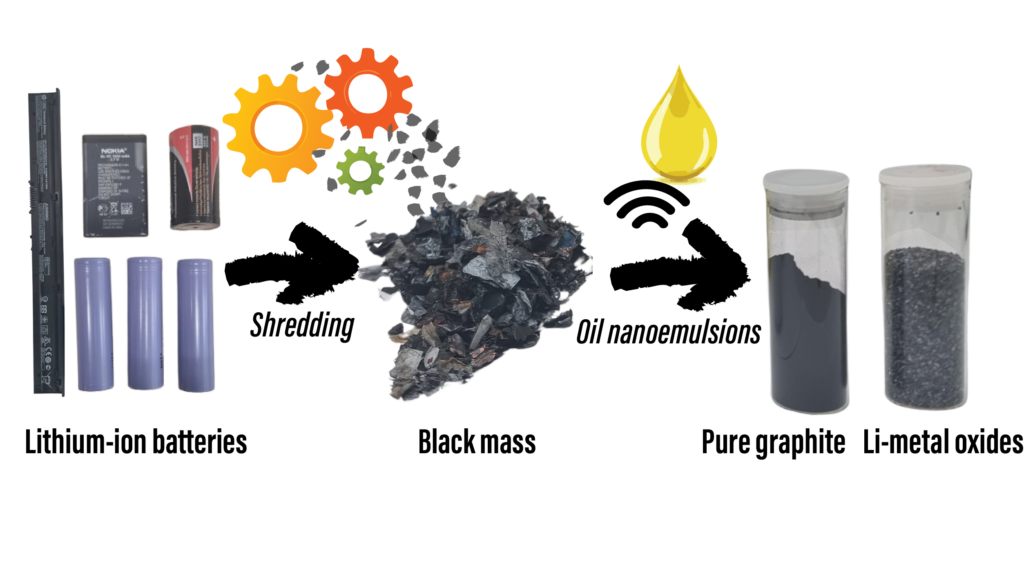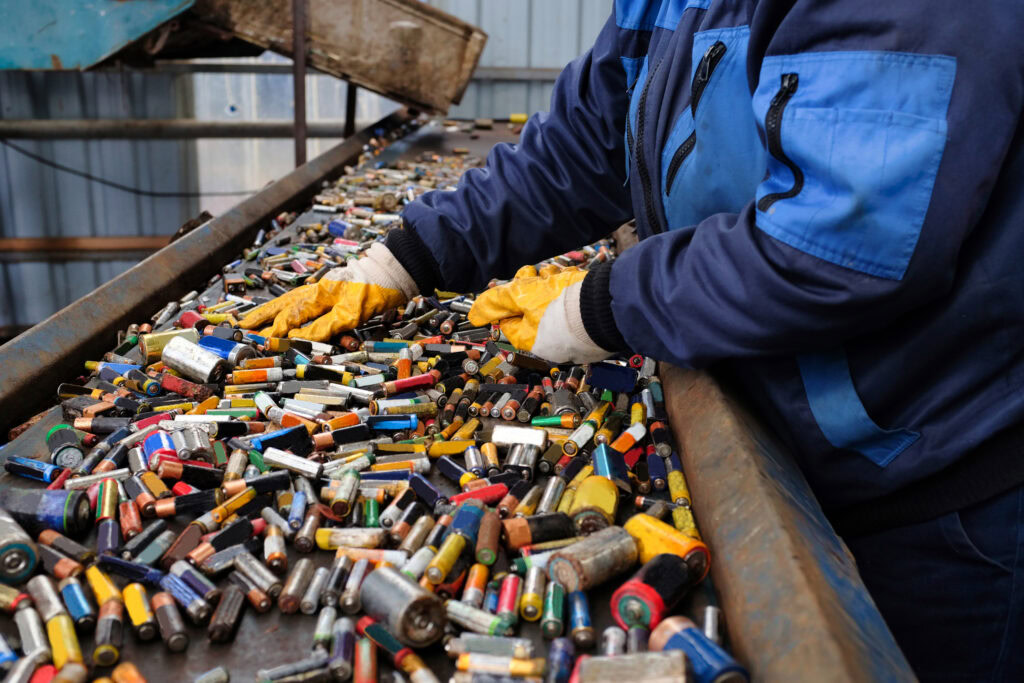The proposed site in Minworth will be able to process 20% of the UK’s end of life vehicle batteries by 2024, Veolia claims.
According to the waste management company, the plant will “mark the first step in developing recycling technology and treatment capacity in the UK” for electric vehicle batteries.
The plant will initially discharge and dismantle batteries, Veolia explained, before the “mechanical and chemical separation recycling processes” will be completed.
Veolia will also “utilise its global network to establish a full circular economy solution in the next five years to produce battery precursors in Europe”.
Veolia already operates in the Minworth area, through a waste transfer station on the Minworth Industrial Estate, Sutton Coalfield.
We need this facility to ensure we don’t hit a resource crisis in the next decade
– Gavin Graveson, Veolia
‘First-step’
Gavin Graveson, Veolia senior executive vice-president, Northern Europe Zone said: “This is an important first step on the UK’s journey to create an ethical and sustainable supply chain for batteries that will be increasingly necessary as we transition to a greener economy.
“We will not reach carbon neutrality without increasing our investment and development of new technologies and recycling opportunities. As the demand for electric vehicles increases, we will need this facility – and more like it in the UK – to ensure we don’t hit a resource crisis in the next decade.
“Alongside other projects across the globe, bringing Veolia’s expertise to the UK recognises the size of the national market and appetite to recycle locally and responsibly. Urban mining is essential if we are to protect raw materials and will in turn create a new, high-skilled industry.”
Batteries
With petrol cars set to be phased out in 2030, sales of electric cars have risen in recent years.
Last week, the Society of Motor Manufacturers and Traders said 190,000 battery electric cars were sold in the UK in 2021, up from 108,000 in 2020.
However, environmental concerns over the impact of the batteries once the vehicles reach end of life have been consistently raised.
Currently, most of the batteries are exported abroad for material recovery.
In its statement, Veolia also explained that many of the materials required for battery manufacturing rely on traditional water and energy intensive processes.
It is estimated that 500,000 gallons of water is required to extract one tonne of lithium using this type of mining. Urban mining or the use of recycled materials could reduce water consumption as well as cutting greenhouse gas emissions from battery production by up to 50%, Veolia said.
An anticipated 350,000 tonnes of end of life electric vehicle batteries are predicted to need management within the UK by 2043.









Subscribe for free